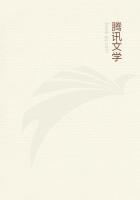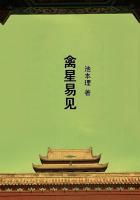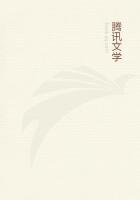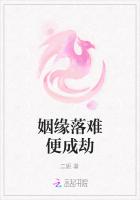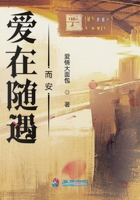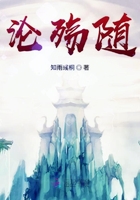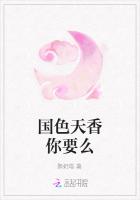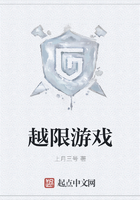I was sitting at table with Mengs when a chamberlain of the Holy Father called. When he came in he asked M. Mengs if I lived there, and on that gentleman pointing me out, he gave me, from his holy master, the Cross of the Order of the Golden Spur with the diploma, and a patent under the pontifical seal, which, in my quality as doctor of laws, made me a prothonotary-apostolic 'extra urbem'.
I felt that I had been highly honoured, and told the bearer that I
would go and thank my new sovereign and ask his blessing the next day. The Chevalier Mengs embraced me as a brother, but I had the advantage over him in not being obliged to pay anything, whereas the great artist had to disburse twenty-five Roman crowns to have his diploma made out. There is a saying at Rome, 'Sine efusione sanguinis non fit remissio', which may be interpreted, Nothing without money; and as a matter of fact, one can do anything with money in the Holy City.
Feeling highly flattered at the favour the Holy Father had shewn me, I put on the cross which depended from a broad red ribbon-red being the colour worn by the Knights of St. John of the Lateran, the companions of the palace, 'comites palatini', or count-
palatins. About the same time poor Cahusac, author of the opera of Zoroaster, went mad for joy on the receipt of the same order.
I was not so bad as that, but I confess, to my shame, that I was so proud of my decoration that I asked Winckelmann whether I
should be allowed to have the cross set with diamonds and rubies.
He said I could if I liked, and if I wanted such a cross he could get me one cheap. I was delighted, and bought it to make a show at Naples, but I had not the face to wear it in Rome. When I went to thank the Pope I wore the cross in my button-hole out of modesty. Five years afterwards when I was at Warsaw, Czartoryski, a Russian prince-palatine, made me leave it off by saying,--
"What are you doing with that wretched bauble? It's a drug in the market, and no one but an impostor would wear it now."
The Popes knew this quite well, but they continued to give the cross to ambassadors while they also gave it to their 'valets de chambre'. One has to wink at a good many things in Rome.
In the evening Momolo gave me a supper by way of celebrating my new dignity. I recouped him for the expense by holding a bank at faro, at which I was dexterous enough to lose forty crowns to the family, without having the slightest partiality to Mariuccia who won like the rest. She found the opportunity to tell me that her confessor had called on her, that she had told him where her future husband lived, and that the worthy monk had obtained her mother's consent to the hundred crowns being spent on her trousseau.
I noticed that Momolo's second daughter had taken a fancy to Costa, and I told Momolo that I was going to Naples, but that I
would leave my man in Rome, and that if I found a marriage had been arranged on my return I would gladly pay the expenses of the wedding.
Costa liked the girl, but he did not marry her then for fear of my claiming the first-fruits. He was a fool of a peculiar kind, though fools of all sorts are common enough. He married her a year later after robbing me, but I shall speak of that again.
Next day, after I had breakfasted and duly embraced my brother, I
set out in a nice carriage with the Abbe Alfani, Le Duc preceding me on horseback, and I reached Naples at a time when everybody was in a state of excitement because an eruption of Vesuvius seemed imminent. At the last stage the inn-keeper made me read the will of his father who had died during the eruption of 1754. He said that in the year 1761 God would overwhelm the sinful town of Naples, and the worthy host consequently advised me to return to Rome. Alfani took the thing seriously, and said that we should do well to be warned by so evident an indication of the will of God.
The event was predicted, therefore it had to happen. Thus a good many people reason, but as I was not of the number I proceeded on my way.

